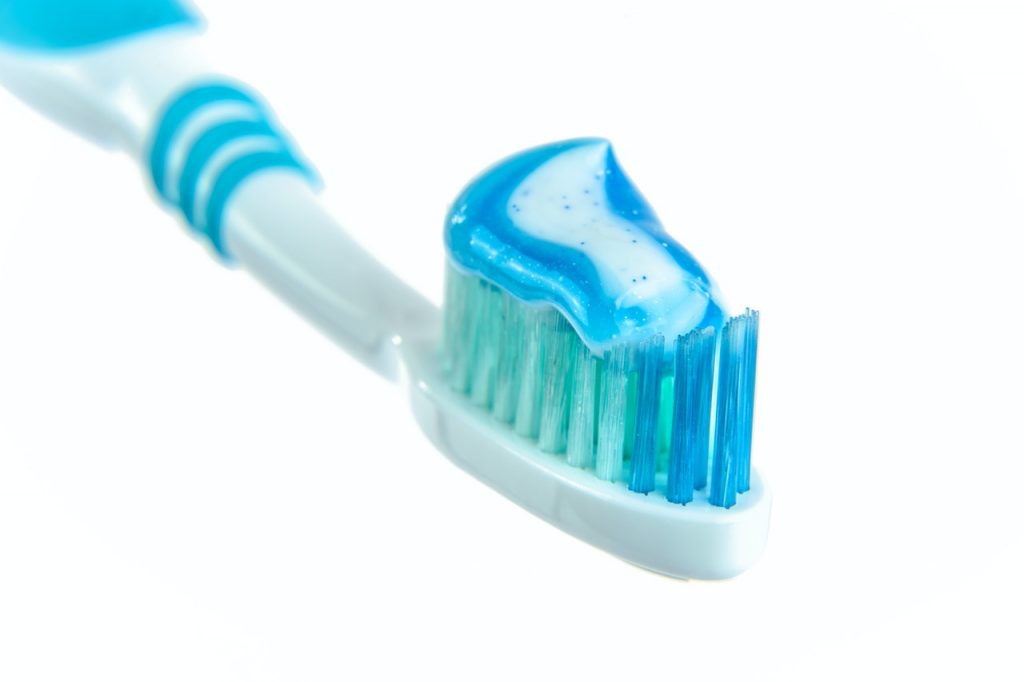Malnutrition is not only a problem one can encounter in places like Africa. Malnutrition is prevalent even in the Western world. It’s becoming a bigger problem in the older population who do not get the right nutrients through their meals. Defined as a complex condition of a lack of proper nutrients, malnutrition does not immediately manifest physically. Just because you are skinny doesn’t mean you’re not healthy, and vice versa.
Reasons for Malnutrition in Older Adults
There are many reasons why older adults suffer from malnutrition. For the most part, it has to do with a lack of money to afford more nutritious meals. Transportation barriers, food insecurity, social isolation, and impaired swallowing are also reasons why many older adults cannot access nutritious food. But perhaps the lesser-known reason this is becoming more of a problem in the older population is poor oral health.
Poor Oral and Dental Health
There’s a common misconception that going to the dentist always ends up being a painful and expensive experience. The truth is that people are so used to staying away from the dentist that they end up having bigger problems when they’re older. They are so fixated with the thought of how painful dental procedures can be that they neglect their dental health.
That’s one of the main reasons why people grow up with poor dental health. And once you’ve gotten used to not going to the dentist regularly, you won’t convince yourself otherwise. You’ll only be visiting the dentist if you can’t help it and when you finally need some major procedures. Having a dental implant is one of those procedures. But by the time you need implants, you would be facing major problems in your oral and dental health already.
Poor oral and dental health can severely diminish the quality of life of older adults because they cannot get proper nutrition. This is caused by the inability to chew or swallow food because the elderly have missing teeth or gum disease. Some of them have to go through pain just to eat their regular meals. As a result, they will choose to skip meals or eat as little as possible to avoid the pain that comes with chewing and swallowing food.
This causes them to miss out on essential nutrients they can get by, for example, eating nuts and meat. Older people always find it hard to chew meat, but it contains some of the most important nutrients your body needs. So, that’s why a lot of older people lose muscle mass when they’re unable to eat complete meals with grains, protein, fiber, and fruits.
One study found out that the common risk factor for malnourished older patients is poor oral health. Those with oral and dental problems are the ones who exhibited symptoms of malnutrition. The study showed that 41% of the malnourished patients didn’t see a dentist in the past two years. This further proves the perception that with better oral health, the elderly can eat proper food.
But at the same time, malnutrition (caused by other factors) also leads to dental problems and poor oral health. The lack of proper nutrition has adverse effects on the teeth and mouth. It can cause gum diseases and other oral health-related problems.

What Should You Do?
It should not be surprising that people are not aware of the link between malnutrition and oral health. Dentists should give their staff training about this link. The same goes for the general public. There should be an awareness campaign about how their dental health affects their overall health. Information about certain cases should be provided, so the public can get a good picture of how impactful poor oral health can be to them when they grow older.
Screening for malnutrition should also be a norm. Older adults should be cognizant of the fact that they are at risk because of their age and other medical conditions. There are very simple malnutrition screenings that dentists and medical practitioners can incorporate into their practice. Officials and health experts need to address the stigma surrounding malnutrition problems. This will help disseminate information better since people are going to be more receptive to it.
A lot of medical conditions can be prevented if people are well-informed. For example, the information about oral health and malnutrition can go a long way toward achieving good health for the elderly in the future. With many people suffering from debilitating diseases, nutrition plays a vital role in improving their quality of life.






